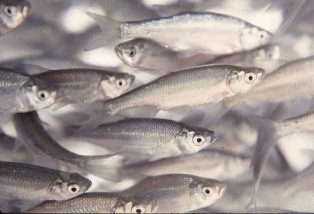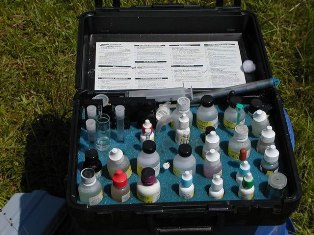David Cline, Extension Aquaculturist, Alabama Cooperative Extension System, Auburn University
Water quality is a critical factor when culturing any aquatic organism. Optimal water quality varies by species and must be monitored to ensure growth and survival. The quality of the water in the production systems can significantly affect the organism’s health and the costs associated with getting a product to the market. Water quality parameters that are commonly monitored …



